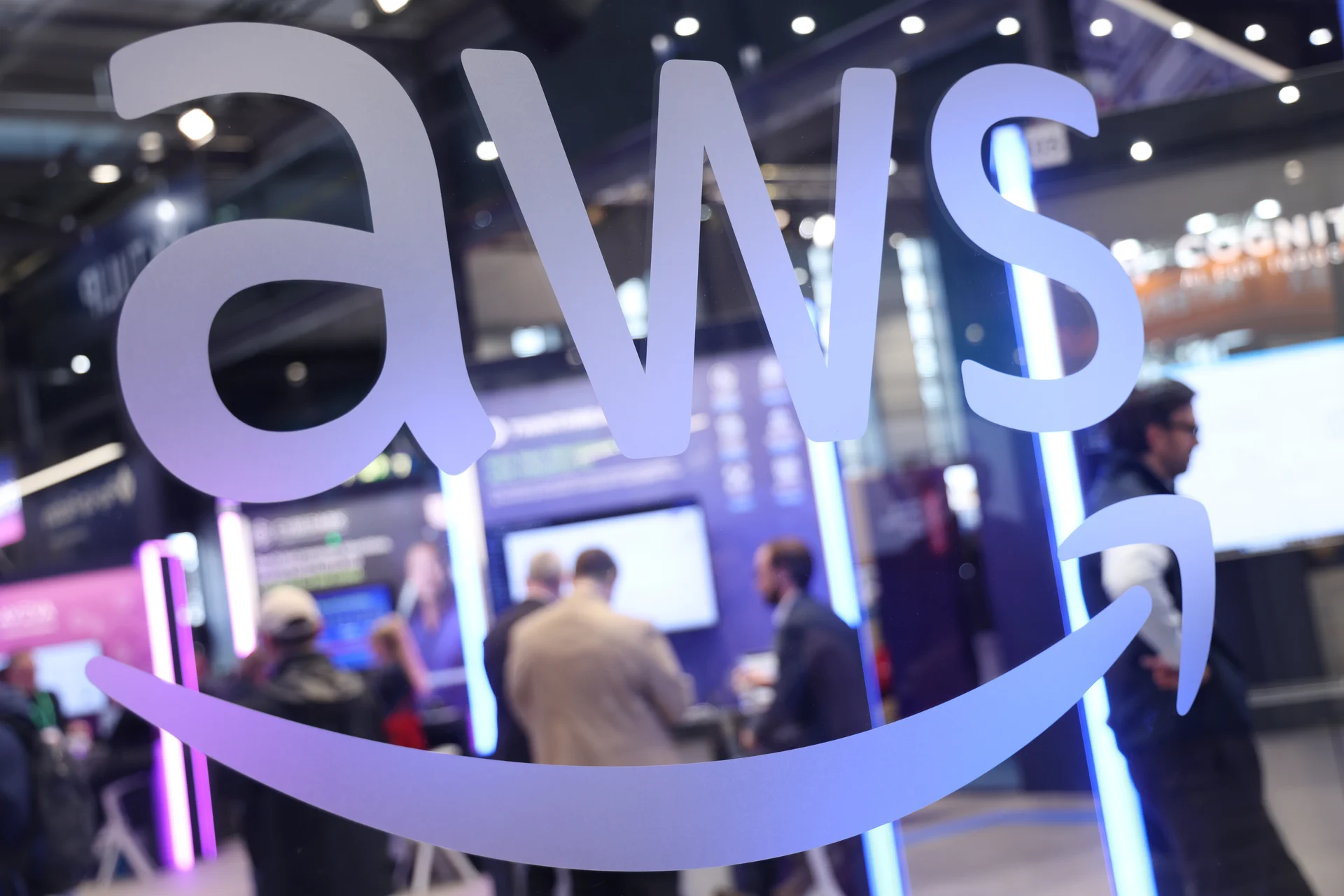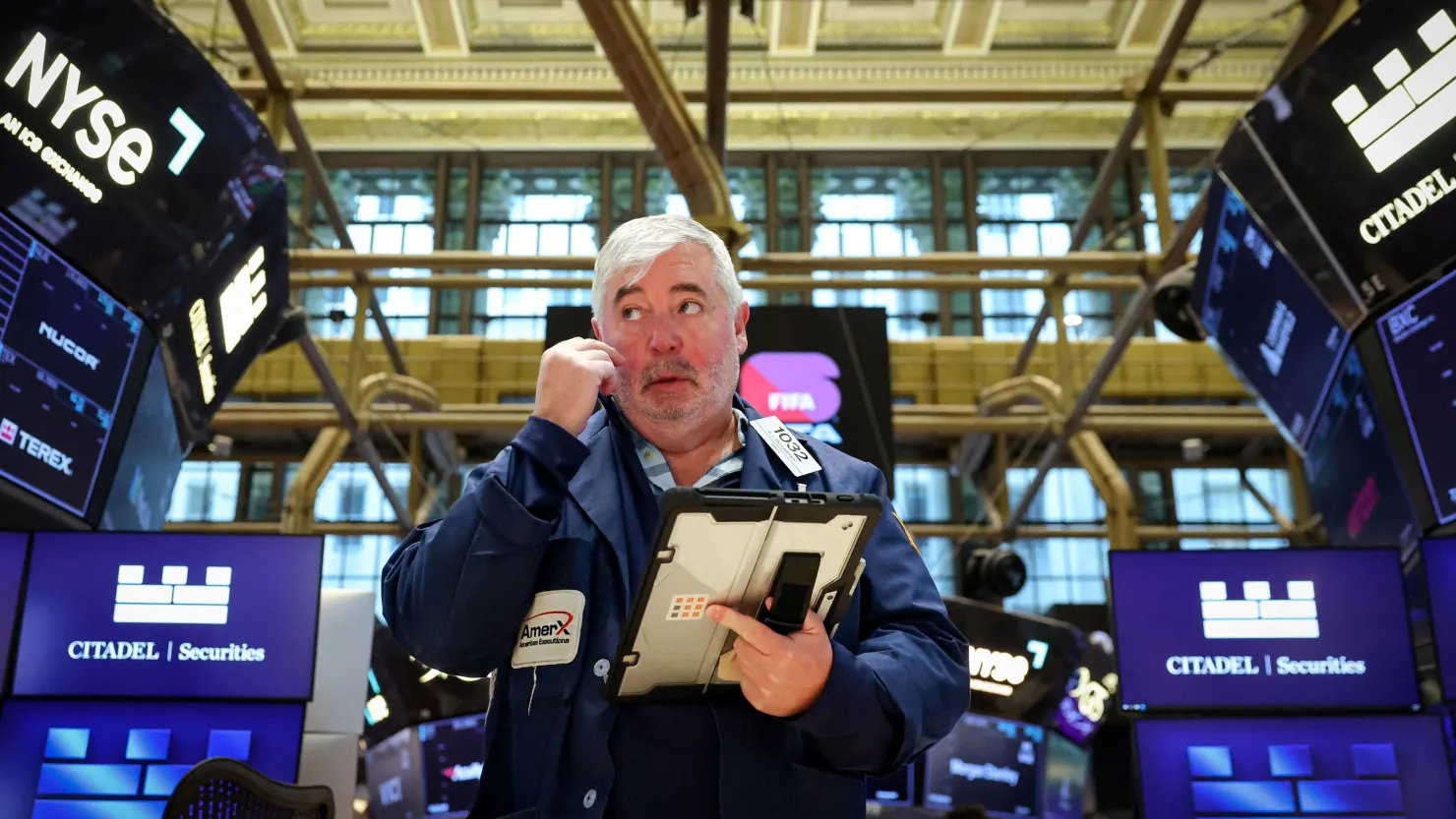The Wall Street Journal, Bloomberg, USA Today, and Forbes contributed to this report.
Americans are heading into the holiday shopping stretch with a pretty sour vibe about the economy. New data from the University of Michigan shows consumer sentiment slipped again in November, landing near the lowest levels ever recorded in the monthly survey — right as people size up Black Friday deals and gift lists.
The final Consumer Sentiment Index for November came in at 51, according to the survey released Nov. 21. That’s a touch higher than the mid-month estimate of 50.3, but still down from 53.6 in October. For context, the all-time low was 50 in June 2022, so we’re basically hovering around the basement.
Even so, survey director Joanne Hsu said sentiment was “little changed,” since the 2.6-point drop is within the margin of error. Translation: it’s not a collapse — but it’s definitely not a bounce either. The bigger story is what’s keeping people down: affordability stress.
“Consumers remain frustrated about the persistence of high prices and weakening incomes,” Hsu said, noting sentiment perked up slightly after the federal shutdown ended earlier this month.
During the shutdown, worries about ripple effects on the economy weighed on responses. Once that drama wrapped up, the mood improved a bit — but not much.
Under the hood, things look even rougher. The current conditions gauge — how people feel about right now — sank to a record low of 51.1, and views of personal finances were the bleakest since 2009. Buying conditions for big-ticket items also hit an all-time low, a sign consumers are feeling squeezed.
Expectations were the one small bright spot. The Index of Expectations ticked up to 51 from 50.3 in October. But don’t get too excited: expectations are still down 33.7% from a year ago, which screams long-term pessimism even if November brought a tiny lift.
On inflation, people are a bit less freaked out than earlier this year. Year-ahead inflation expectations eased to 4.5% from 4.6%. Longer-term expectations dropped too, with consumers seeing prices rising about 3.4% annually over the next 5–10 years, down from October’s 3.9%. So inflation anxiety is cooling — but the cost of living still feels high and sticky.
Jobs are another pressure point. The survey found the perceived risk of losing a job climbed to the highest reading since mid-2020, and recent unemployment claims data suggests laid-off workers are taking longer to find new roles. Basically: people aren’t just annoyed about prices, they’re nervous about paychecks.
There’s also a widening mood gap between the haves and have-nots. Hsu said wealthier, stock-owning consumers looked ready to keep spending, while non-stockholders are sliding backward financially. It’s a reminder that headline economic stats can hide some real stress underneath.
The Michigan survey ran from Nov. 3 to Nov. 17, so it captures a moment when the shutdown was fresh in memory and markets had been choppy. Hsu noted that by late month, high-stock-holding households had lost the brief optimism seen earlier, likely tied to a recent market dip.
Next up: another read on how Americans feel. The Conference Board releases its consumer confidence survey on Nov. 25, which tends to put more weight on labor-market perceptions. If that one also slides, it’ll reinforce the message Michigan is already sending: people may still be shopping, but they’re not feeling great about it.










The latest news in your social feeds
Subscribe to our social media platforms to stay tuned